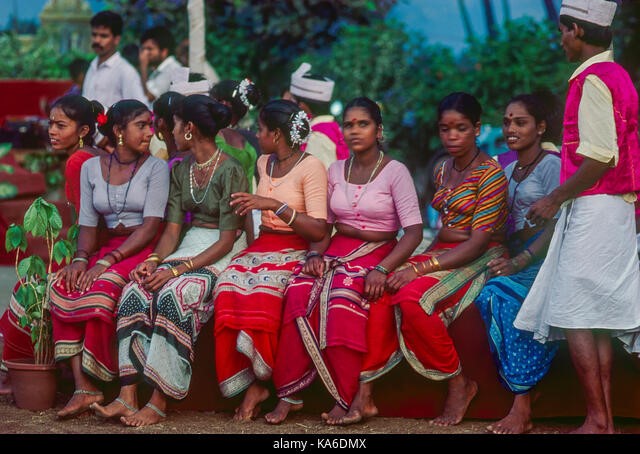Description

Disclaimer: Copyright infringement not intended.
Context
The mention of leopard sighting may strike terror in the hearts of most people. But for the Warlis living near Sanjay Gandhi National Park in Maharashtra, the Waghoba or leopard deity is worshipped and revered, not feared.
About Warli Tribe
- They are an indigenous adivasi group that inhabits the bordering, hilly, and coastal areas of Gujarat and Maharashtra.
- The word "Warla," which meaning "piece of land," is the root of the term "Warli."
- Language: Varli, sometimes known as Warli, is an Indo-Aryan language spoken by the Warli people. Although the language is commonly categorised as Marathi, it is also referred to as Bhil or Konkani.
- Culture: They have embraced many Hindu ideas and have their own animistic beliefs, way of life, rituals, and traditions.
- The idea of Mother Nature is central to Warli culture, and natural objects are often shown as main points in Warli paintings.
- Fashion and attire: The ladies of the Warli Tribe often don a one-yard sari called a Lugden, which is worn until the knee.
- The sari was influenced by the rural areas of Maharashtra. The drape is knee length and has a Maharashtrian sari draping feel to it.
- Celebration: The Warli tribes celebrate Bohada, a three-day mask celebration. The proprietors of these masks don them and give multiple performances during this festivity.
- Tarpa dance and music are performed by the Warli Tribes, who also play Tarpa instruments.
- Typically, they give group performances. With a Tarpa instrument in hand, one person begins to play music, and the others surround him or her, dancing as they dance.

|
PRACTICE QUESTION
Q. The Warli tribe, indigenous to the western state of Maharashtra in India, has a rich cultural heritage deeply intertwined with their artistic expressions. Examine the significance of Warli art in preserving and promoting the cultural identity of the Warli tribe
|
















